By: Dr. Hari Balasubramanian, Consultant Neonatologist, Surya Hospital
Human milk, often overlooked in its importance, plays an important role in infant health and development. Human milk, also known as breast milk, is a liquid gold for babies. It is the natural, nutrient-rich fluid produced by mothers to nourish their infants during the first few months of life. It is a complex fluid that contains a balance of nutrients, antibodies, enzymes, hormones, and other bioactive components and human milk plays a crucial role in boosting the developing immune system and protecting babies against infections and diseases. Its composition changes dynamically to meet the growing needs of the baby, providing optimal nutrition that any artificial formula cannot replicate.
Studies have shown that breast-fed babies have lower rates of respiratory infections, allergies, obesity, and other health issues compared to formula-fed infants. Human milk not only provides essential nutrients but also promotes bonding between mother and baby through skin-to-skin contact during breastfeeding sessions. Ultimately, human milk is nature’s way of giving babies the best start in life.
The Essence of Human Milk:
The essence of human milk goes beyond just being a source of nutrition for newborn babies. It is uniquely designed to meet the specific needs of each individual infant, providing essential nutrients, antibodies, and enzymes that help support their growth and development. Human milk is rich in proteins, carbohydrates, fats, vitamins, and minerals that are easily digestible by babies’ immature digestive systems.
A Shield Against Infections:
One of the most remarkable features of human milk is its ability to protect infants against infections and diseases. Human milk contains antibodies, white blood cells, and other immune-boosting factors that help strengthen a baby’s immune system, making them less susceptible to illnesses. These components can specifically target and fight off bacteria and viruses that could make your little one sick. Plus, the unique blend of proteins in human milk helps create a protective barrier in a baby’s gut, preventing harmful pathogens from entering the bloodstream and serves as a natural defense mechanism.
Promoting Healthy Digestion:
Human milk supports optimal digestion in infants and reduces the risk of gastrointestinal problems, such as constipation and diarrhea. The composition of human milk is perfectly designed to be easily digested by a baby’s immature digestive system. It contains proteins that are easily broken down, fats that are readily absorbed, and carbohydrates that provide a quick source of energy.
Nurturing Infant Immunity:
Breast milk provides infants with a healthy immune system foundation. Its unique blend of antibodies, hormones, and stem cells helps strengthen the baby’s defense mechanisms, protecting them against allergies, diseases, and infections during the critical early stages of life. When a mother nurses her baby, she passes on these awesome immune-boosting benefits through her milk. It’s like giving your little one their own personal shield against infections and diseases. Additionally, human milk can even adapt to what your baby needs at different stages of development, providing customized protection as they grow.
Supporting Neurological Development:
Human milk plays an important role in supporting their neurological development as it is packed with essential nutrients like Omega-3 fatty acids and amino acids. Human milk provides the necessary components for a child’s brain growth and cognitive function. Moreover, human milk contains antibodies that help protect babies from infections, reducing the likelihood of illnesses that could potentially impact their brain development. The act of breastfeeding itself has been shown to promote bonding between mother and baby, which in turn can positively impact a child’s emotional and social development later in life.
The Role of Human Milk Banks:
Human Milk Banks serve as lifelines for infants in need, providing donor milk to premature babies and those facing breastfeeding challenges from their own mothers. Whether because of medical complications, prematurity, or other factors, these babies rely on donated breastmilk to receive the essential nutrients and antibodies they need to be healthy and grow. The human milk banks make sure that all babies have access to this valuable resource for optimal health outcomes by facilitating the safe collection, processing, and distribution of donor milk.
Becoming a Milk Donor:
For mothers with surplus milk, donating to a Human Milk Bank can be a profoundly rewarding experience. By meeting eligibility criteria and following donation guidelines, mothers can contribute to the health and well-being of babies who may not have access to it, offering them a precious gift of nourishment and protection.
Conclusion:
In essence, human milk is more than just sustenance for infants; it is a powerful medicine of health and vitality. Its significance cannot be overstated, as it serves as the cornerstone of infant nutrition, immunity, and development. We can ensure that every newborn receives the best possible start in life by understanding and appreciating the value of human milk and setting the stage for a bright and healthy future.











